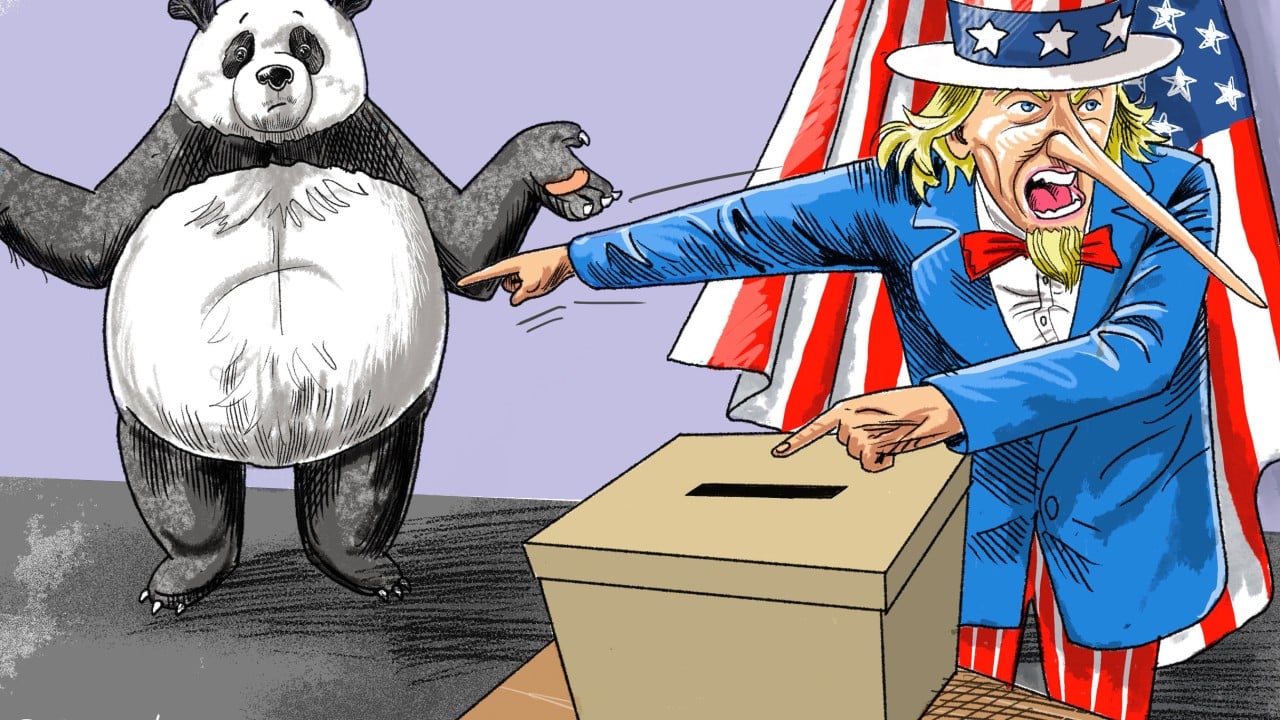The Big Lie has become bigger. The false claim of a stolen 2020 US presidential election embraced by former president Donald Trump and his cult has brought about the end of fact-based accountability. This is having profound and lasting implications on a deeply troubled Sino-American relationship.
Advertisement
Sinophobia is a visible manifestation of how the Big Lie has corrupted norms of the American body politic. Irrational fears of China have taken on a life of their own.
That includes any of a number of alleged threats to the United States: China’s large share of the US trade deficit; the feared back door of Huawei’s 5G network; Chinese-made electric vehicles (EVs) and dock-loading cranes; the vulnerability of US infrastructure to a so-called Volt Typhoon hacking network; and the potential of TikTok to assault the character and privacy of innocent American teenagers.
I have argued that these fears stem from false narratives aligned with America’s anti-China political agenda. Such narratives are not pulled from thin air. They reflect projections from the distorted facts of what academic psychologists call a “narrative identity”, which reconstructs the autobiographical past.
In the US, that past unfortunately reflects a toxic strain of identity politics traceable to a long history of racial and ethnic prejudice. To be sure, as I also detail in my book, China is equally guilty of embracing and promoting false narratives about America to suit its own purposes.
Advertisement
In examining the corrosive effect of false narratives on the China debate in the US, I have stressed the distinction between the potential to inflict harm based on circumstantial evidence and conjecture and the intent to do so based on the “smoking gun” of hard evidence. The exaggerated fears of Sinophobia largely fall into the former category.

